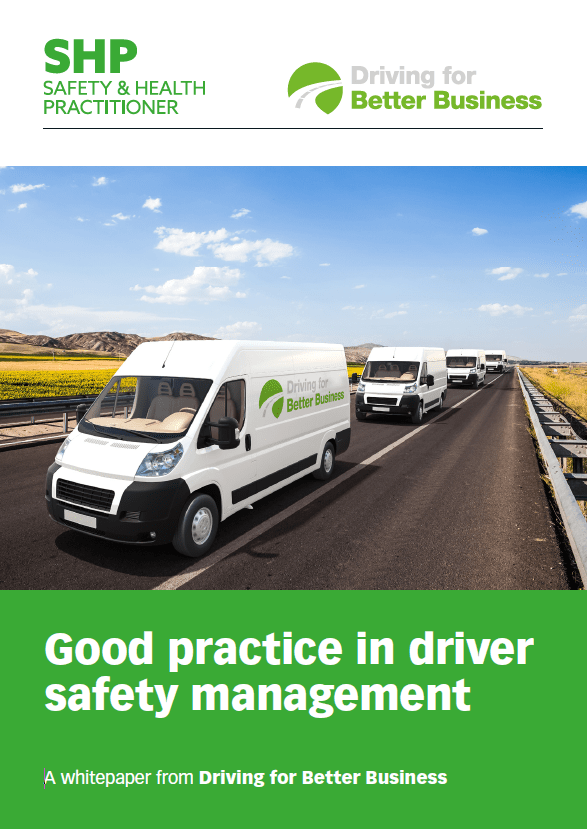 A group of MPs has knocked back the road-haulage industry in its efforts to move to a privatised model of vehicle testing because of concerns that this could undermine the UK’s road safety record.
A group of MPs has knocked back the road-haulage industry in its efforts to move to a privatised model of vehicle testing because of concerns that this could undermine the UK’s road safety record.
Publishing its report last week on the work of the Vehicle and Operator Services Agency (VOSA), the Commons Transport Select Committee acknowledged a fully privatised model might be of benefit to some operators, but it was not convinced by the case for testers to be employed directly by Authorised Testing Facilities (ATFs).
Faced with the prospect of rising costs to pay for VOSA’s testing estate, the regulator and industry agreed to undertake a testing transfer programme several years ago. The idea of private-sector Authorised Testing Facilities (ATFs) is to increase the number of locations where customers can take their lorries and buses for an annual test. These centres are closer to where vehicles are maintained and increase choice for customers; however, the tests must currently be performed by VOSA examiners.
The National Franchised Dealers Association told the Committee that its members were generally content with the ATF concept, but would prefer full privatisation, as is the case for other vehicle MOT categories. However, according to the MPs, this comparison is not exact, as the business model is not based on MOT testers examining their own vehicles.
Acknowledging VOSA’s commitment to allow more ATFs to open, the Committee nevertheless warned that more consideration of the regulator’s resources is needed to maintain confidence in testing facilities.
VOSA’s enforcement strategy focuses on high-risk operators, with the agency conducting checks on vehicles at the roadside to examine their roadworthiness, drivers’ hours and aspects of licensing.
The Committee described the regulator’s principal targeting tool — the Operator Compliance Risk Score system — as a useful resource for “targeting dangerous vehicles while minimising the burden on the compliant”, but it expressed concern that undue reliance on the tool could lead to ineffective monitoring of larger operators.
The MPs also backed planned legislative changes that will enable drivers to be prosecuted when they have committed tachograph offences, but said VOSA could do more in enforcing these and other road offences by improving its links with other agencies, including the Police and the Traffic Commissioners.
Prospect, the union representing staff in VOSA, welcomed the Committee’s report. Helen Stevens, Prospect negotiator, said: “The union remains, as ever, ready, willing and able to engage in constructive negotiations around enabling new working practices and rewarding staff appropriately. We welcome the recognition that the pace of change should be slowed to allow that to happen, properly informed by evidence on customer needs.”
The Road Haulage Association (RHA) expressed surprise that the Committee felt the rate of development of ATFs had been too rapid, pointing out that it falls far short of the original targets set by the Department for Transport.
“We are disappointed that the MPs reject the case for ending VOSA’s monopoly on testing,” said RHA director of policy Jack Semple. “In particular, we note that the report fails to address a central point made by the RHA — that safety inspections are being carried out either by operators themselves, or a maintenance provider at least four, and very often eight, times a year, which must be fully documented.
“It is a very short step to allow those who are maintaining and inspecting their vehicles to a high standard to perform the EU-mandated annual test. VOSA staff would be much better employed regulating the testing system than carrying out the tests.”
The Transport Select Committee’s report into the work of VOSA can be found at: http://www.parliament.uk/business/committees/committees-a-z/commons-select/transport-committee/inquiries/parliament-2010/the-work-of-vosa/
This eBook will guide you through some of the key understandings you need to be able to manage driver safety effectively and, at the end, provide a series of free resources you can access to help you ensure your own driver safety management system is robust, legally compliant and in line with industry-accepted good practice.
Download this eBook from Driving for Better Business and SHP to cover:
- Why do we need to manage driver safety?
- Duty of care – a shared responsibility;
- Setting the rules with a driving for work policy;
- Managing driver safety;
- Ensuring safe vehicles;
- Safe journeys and fitness to drive;
- Record keeping;
- Reporting;
- The business benefits of good practice;
- Additional resources

 A group of MPs has knocked back the road-haulage industry in its efforts to move to a privatised model of vehicle testing because of concerns that this could undermine the UK’s road safety record.
A group of MPs has knocked back the road-haulage industry in its efforts to move to a privatised model of vehicle testing because of concerns that this could undermine the UK’s road safety record.
Private testing seems to work pretty well in the automobile industry in Germany, vis Dekra and TUV. Also many other safety critical systems are inspected privately by insurance companies and others in the UK, think lifts and plant equipment inspected by AXA, Zurich Insurance, RSA, etc.
Insurance companies won’t insure a vehicle for road use without a cert of roadworthiness. Whether this cert is issued by the state or the private sector is irrelevant; the insurers won’t carry unnecessary risk